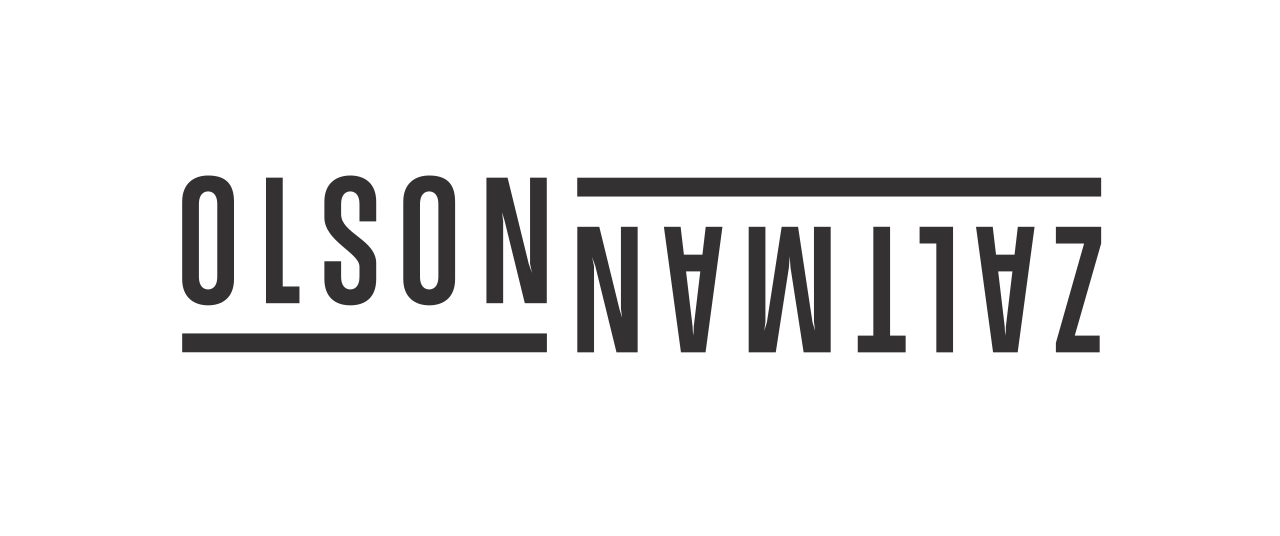In search of the perfect nudge
For the last decade or so, since the publication of the seminal work on behavioral science, Nudge, so-called “nudges” have become a popular tool in marketing and social policy circles.
Defaults are important. If you have to opt out of a 401K plan, you are much more likely to use the plan than if you have to opt in.
Reminders can be important because people simply forget things. In Peru, Bolivia, and the Philippines, monthly reminders to set aside money increased saving and helped account holders meet their financial goals.
Small incentives can help. In India, offering parents a small bag of lentils incentivized mothers to bring in their children to complete a full course of vaccinations.
Sometimes, however, local factors can affect the influence of these nudges. For example, it has been established that social norms are a very effective way of influencing people to pay their taxes. (This means messages like, “Join the 98% of people like you who pay their taxes on time.”) However, in Poland, messages that used punitive language were far more effective.
In Ekiti state in Nigeria, social recognition increased the accuracy of health-care record keeping by 13 percent. But it neighboring Niger, such incentives made no difference at all.
In short, gold-standard behavioral science tools become gold-standard for a reason – they generally work. But cultural differences can play a disruptive role, which suggests experimenting with a number of approaches before deciding on a definitive way forward.

